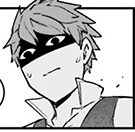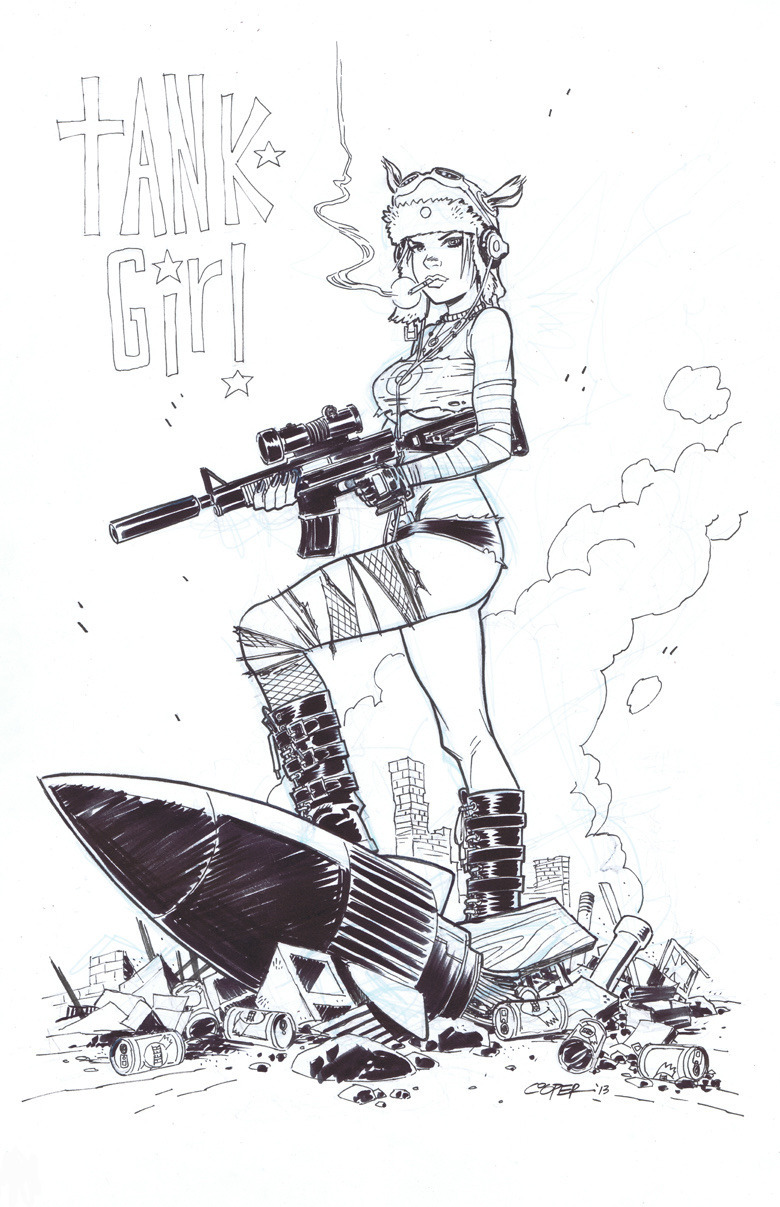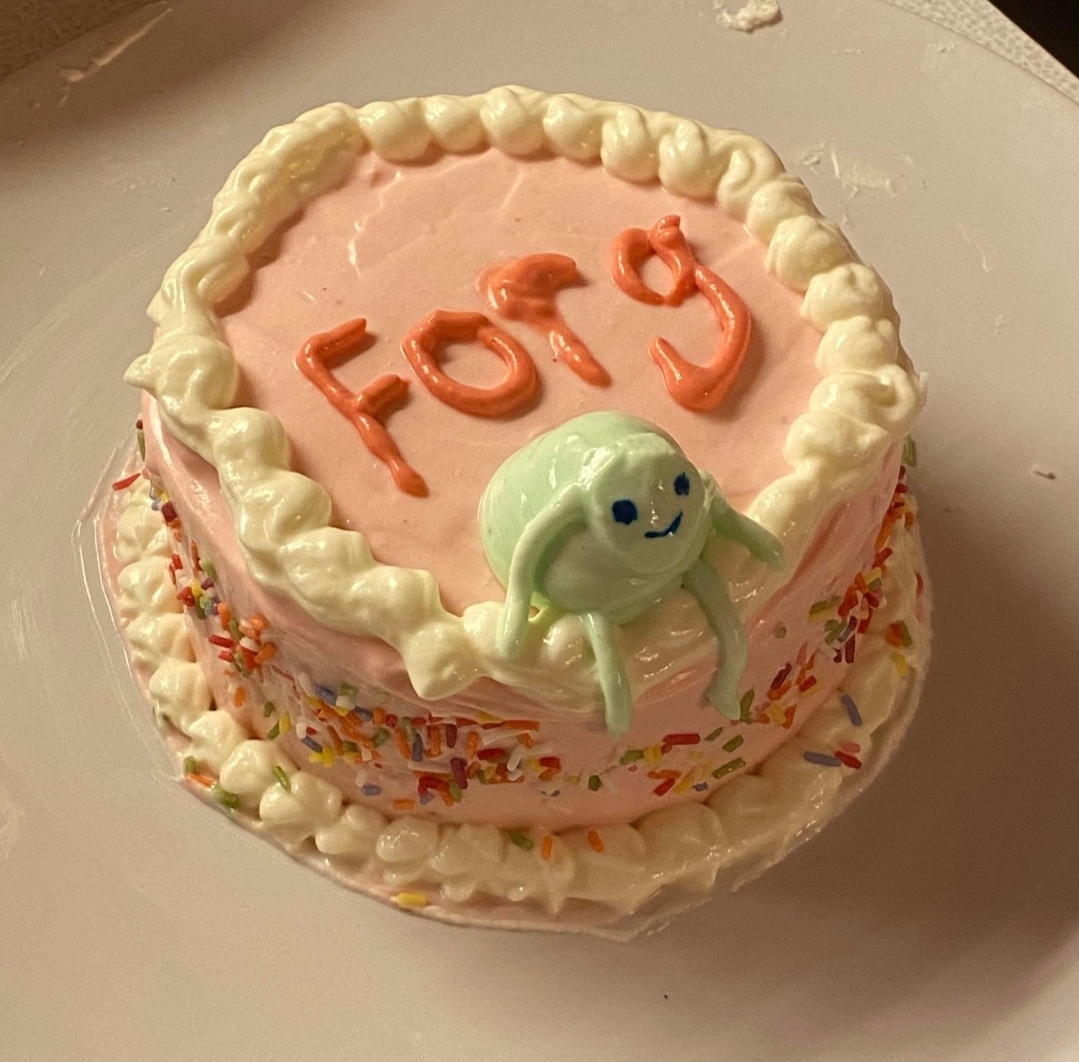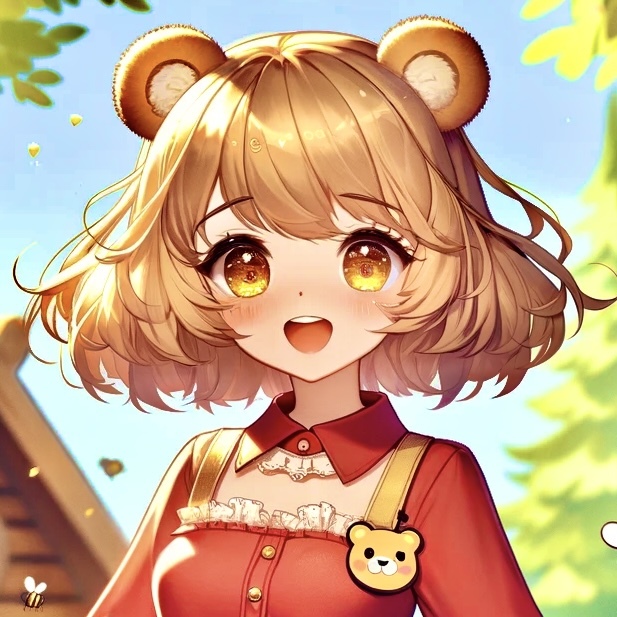What are your left wing manga/anime recommendations? I only got Ninpu Kamui Gaiden, because it is communist and ninjaic? You may shrug you shoulders, but a communist created all the ninja cliches, like a dude named Sasuke and the “Izuna Drop”! Unfortunately, the manga is from 1969, when the United States still had not erased all left-wing presence in Japan.
I like to describe I’m in Love With The Villainess as ‘Lesbian isekai with Marxist-Leninist Characteristics’, as it has a revolution lead by a vanguard party in the first two light novels (which the manga has yet to get past the first two LNs). ‘Part 2’ of the story does get away from the same precise political themes a bit but it’s still entertaining (and it’ll probably be nice if/when the manga gets there).
I also read Koroshiya Yametai! (or: I wanna be fired!) recently. It’s kiinda mid but it’s lesbian and there’s an interesting polemic about refugees and their role as cheap labor in the global north.
I can also recommend the classic Akira, which while it isn’t explicitly leftist it portrays the military-industrial complex in fairly left wing fashion and also talks about some of the struggles of poverty.
I’ll definetly give the ones that you’ve posted a look :)
Lesbian isekai with Marxist-Leninist Characteristics
This is what I was hoping Magical Revolution of the Reincarnated Princess and the Genius Young Lady would be but it’s a bourgeois revolution.
I havent finished that one yet, some of the polemics were interesting but the light novel was kinda meh and I havent watched the anime yet. Bummer that its bourgeois

It’s still lesbian tho
That’s always something

Just started the I’m In Love With the Villainess manga and holy shit is she down horrendous
Which one?
Main girl Rae of course.
The politics seem to start around chapter 16 and while I don’t love the “rioting commoners were part of a shadowy plot” beat, the overall structure of how the magic system affects the material conditions is interesting.
Lesbian isekai with Marxist-Leninist Characteristics
Whatt

Okay so let me explain a BIT because some of it is a bit funky
spoilers, but not all of them!
The revolution is spearheaded by what reads explicitly to me as a vanguard party, led by a disgruntled former member of the aristocracy who asks for no compassion and wants to give no compassion. They exist only as a secret society at first, receiving foreign support from the Nur Empire which seeks to destabilize a geopolitical rival, the Bauer Kingdom. Reads a biiit like
 and
and  to me.
to me.What puzzles me a bit ideologically speaking, and something that I still haven’t really gone back to make heads or tails of, is that the revolution that happens ends up with basically the very chaotic series of events (that was about to end in the guillotining of the reactionary provisional government that had been formed)! instead ends with the monarchy being saved and a constitution being implemented to allow free elections. The constitutional monarchy still sees the royal family as being fairly influential, with all three of the prospective heirs retaining governmental posts both as figureheads and statesmen. Some of the nobles do still recover posts in the government as private citizens though, tapped for their experience in government and diplomacy. Still, their estates are dissolved. We still of course do NOT jump straight from feudalism to communism, this is clearly a feudalism to capitalism kind of situation.
The thing is though, the radicalization of the main love interest :claire-grin: is played incredibly straight, with her conversations with the high-ranking nun Lily regularly spreading clearly marxist polemics about the nature of feudal society. I fucking love how the author Inori was able to make marxist polemics interesting as a ‘yuri scene,’ in the same process with how Miyazawa talked about making science fiction palatable. Maybe I should make a blog post about that!
I like to describe I’m in Love With The Villainess as ‘Lesbian isekai with Marxist-Leninist Characteristics’, as it has a revolution lead by a vanguard party in the first two light novels (which the manga has yet to get past the first two LNs). ‘Part 2’ of the story does get away from the same precise political themes a bit but it’s still entertaining (and it’ll probably be nice if/when the manga gets there).
I haven’t gotten to the politics yet beyond a couple of mentions of trade dependency, but it’s pretty entertaining so far. Thanks for the recommendation.
Yeah it takes its sweet time to get into the juicy politics. I definetly think the light novel does it better, but it might just be the translator. It also has a lot to say about queer love as well, putting aside the class structure critiques :)
There’s a manga adaptation of Das Kapital. It’s neat.
I’m gonna recommend a bunch of anime, since I’m less of a manga reader:
Rose of Versailles is the best depiction of revolution around, even if it handles something really poorly late in the show, but is about the bourgeois revolution in France 1789 instead of anything socialist - as the name says. The author hadn’t gone back to being a lib yet back when it was written.
Fang of the Sun Dougram is the story of a guerrilla war of independence… with mechs, of course, because 1981.
The Irresponsible Captain Tylor is arguably pro-anarchist. E1 is the worst of the whole thing.
Patlabor is a mecha police slice of life/comedy made by a bunch of commies or commie-adjacent people in the late 80s. Patlabor 2 is basically a pondering of “1989-1991. what now?”
The Universal Century Gundam shows approach leftist themes, but Tomino’s politics are kind of a mess.
Then there’s left-friendly but ultimately still lib media like Interviews With Monster Girls (yes, really. It’s somewhat horny, but it genuinely is actually good and has something to say about society, in spite of the fetishistic-sounding title), Ghibli movies, Hinamatsuri (for a big arc at least - inequality is a topic) and the like.
Thank you for the recommendations!
outside of uc gundam ibo also is pretty good. it’s very focused on labor and class, and is kind of a great takedown of great man theory
also revolutionary girl utena is only truly leftist in its subtext (it’s about the way patriarchy shapes things and how its systems abuse people but it’s not hard to make the capitalism connection) but even without that it’s about a bunch of queer youths navigating systems of oppression
I remember seeing someone here recommend Golden Kamuy. I think it focuses on indigenous Ainu people and has lots of buff naked men.
Been reading a French manga called Radiant for a while, and while I dunno about a strictly left wing bent to the author it definitely leans that way with it’s exploration of power and politics in it’s setting, focused almost entirely on a subclass of people who have been othered by society trying to get by while they get demonized largely just for being made victims by an overzealous inquisition. I suppose one could read a kind of awkward allegorical reflection of our society in a similar vein to X-men being an allegory for gay people back in the 90’s.
It updates super slow though, both in part I think because of translations and of course the writer having to make the thing
Edit: having just caught up I revise my statement after reading the latest chapter: it was based and so is the manga
I remember almost checking this out, but then it had massive Shonen vibes so I never got around to it. Might have to check this out now though
I mean it definitely indulges in shonen tropes, but it gets better as it goes on and stuff can develop beyond the One Piece/Fairy Tale beginning exposition dump style. In fact I’d say it’s a good mature companion to Fairy Tale where that’s like baby’s first anime/manga.
Yeah, I mean I’ll check it out then. I’d imagine I can get past the shonen stuff. As I’ve gotten older those tropes just are a lot less interesting than before.
I found this great list, though I don’t think I’ve read any of these myself: https://myanimelist.net/stacks/2128
I’ve read that Ashita no Joe was particularly influential and is on my list of manga to read soon. There’s also Capital - In Manga! Which is supposed to be a summary of the ideas presented in Capital.
Thank you!
Ashita no Joe was actually written by a conservative. It’s class conscious though.
The Rose of Versailles, and Kaiji. Especially Kaiji, it’s probably the most radical anime I’ve seen. But also The Rose of Versailles is very very good too, especially the last 10 episodes.
There was a famous leftist manga creator who’s main Marxist works have never been translated into English https://hexbear.net/comment/3317686
Kamui Den, the first series published in Garo, can be considered his most important manga work. It is the story of Kamui, a ninja who leaves an organization that pursues him and clearly sees the true nature of the Edo period and the discrimination that existed in the feudal system. Shirato’s works are primarily historical dramas that focus on ninja, present a historical record of Japan, and criticize oppression, discrimination, and exploitation.












